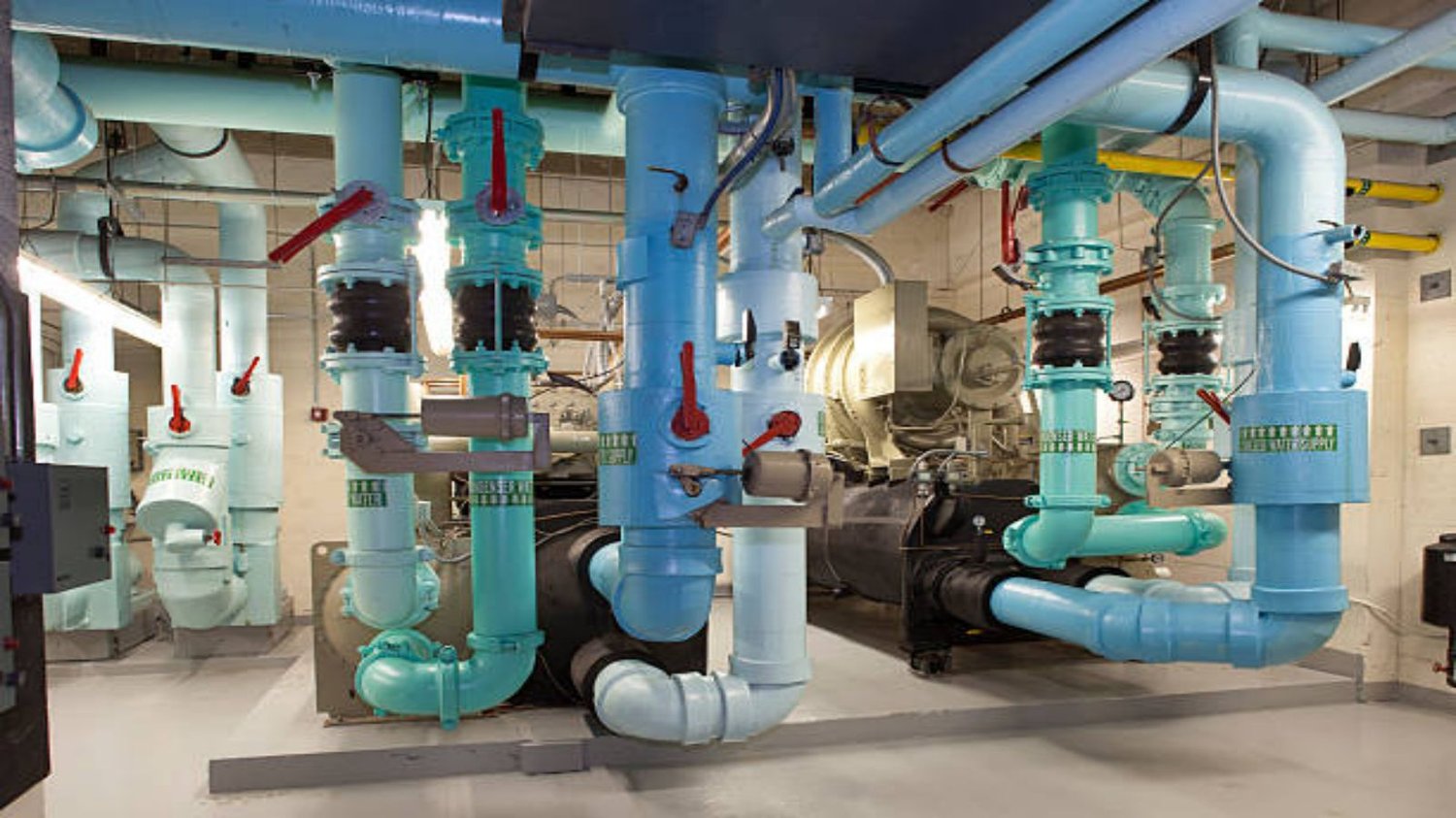An Introduction to Chillers
Chillers are essential components in many industries and commercial buildings. They play a crucial role in cooling processes and maintaining optimal temperature levels. This article aims to provide a comprehensive overview of what chillers are, how they work, and their various applications.
Understanding the Functionality of Chillers
Chillers are refrigeration systems that remove heat from a liquid, typically water or a water-glycol mixture, and transfer it to the atmosphere. They utilize the principles of vapor compression or absorption refrigeration cycles to achieve this cooling effect. By removing heat, chillers can lower the temperature of the liquid, which can then be used to cool equipment, air, or other processes.
The Different Types of Chillers
There are several types of chillers available, each with its own advantages and suitability for specific applications. The most common types include air-cooled chillers, water-cooled chillers, absorption chillers, and centrifugal chillers. Air-cooled chillers are more suitable for smaller applications, while water-cooled chillers are often used in larger industrial settings. Absorption chillers are known for their energy efficiency, and centrifugal chillers are favored for their high cooling capacity.
Applications of Chillers
Chillers find application in a wide range of industries and commercial settings. They are commonly used in HVAC systems to cool air in buildings and maintain a comfortable indoor environment. Chillers are also extensively used in the food and beverage industry for cooling and preserving perishable goods. Additionally, they play a crucial role in various manufacturing processes, pharmaceutical production, data centers, and even ice rinks.
Energy Efficiency and Sustainability
As the demand for energy-efficient solutions grows, chillers are also evolving to meet these requirements. Manufacturers are investing in research and development to improve the efficiency of chillers, resulting in reduced energy consumption and lower carbon footprints. Newer chillers often feature advanced controls, variable-speed drives, and improved heat transfer technologies, all contributing to enhanced energy efficiency and sustainability.
Maintenance and Troubleshooting
Proper maintenance is essential to ensure the longevity and optimal performance of chillers. Regular inspections, cleaning, and lubrication are necessary to prevent issues such as refrigerant leaks, compressor failures, or reduced cooling capacity. It is also important to address any troubleshooting needs promptly to minimize downtime and avoid costly repairs. Engaging the services of experienced technicians or chiller specialists can help ensure effective maintenance and troubleshooting.
Factors to Consider When Choosing a Chiller
There are several factors to consider when selecting a chiller for a specific application. These include the required cooling capacity, energy efficiency, noise levels, space limitations, and the nature of the cooling load. It is crucial to assess these factors and consult with professionals to determine the most suitable type and size of chiller for the intended purpose.
The Future of Chillers
The future of chillers is focused on further advancements in energy efficiency, environmental sustainability, and smarter control systems. The integration of Internet of Things (IoT) technology allows for remote monitoring and optimization of chiller performance. Additionally, the use of natural refrigerants and the development of more eco-friendly cooling solutions are expected to shape the future landscape of chillers.
Conclusion
Chillers play a vital role in various industries and commercial settings, providing efficient cooling solutions for different applications. Understanding what chillers are, how they work, and their wide range of applications can help businesses and individuals make informed decisions when selecting and maintaining these essential cooling systems.
